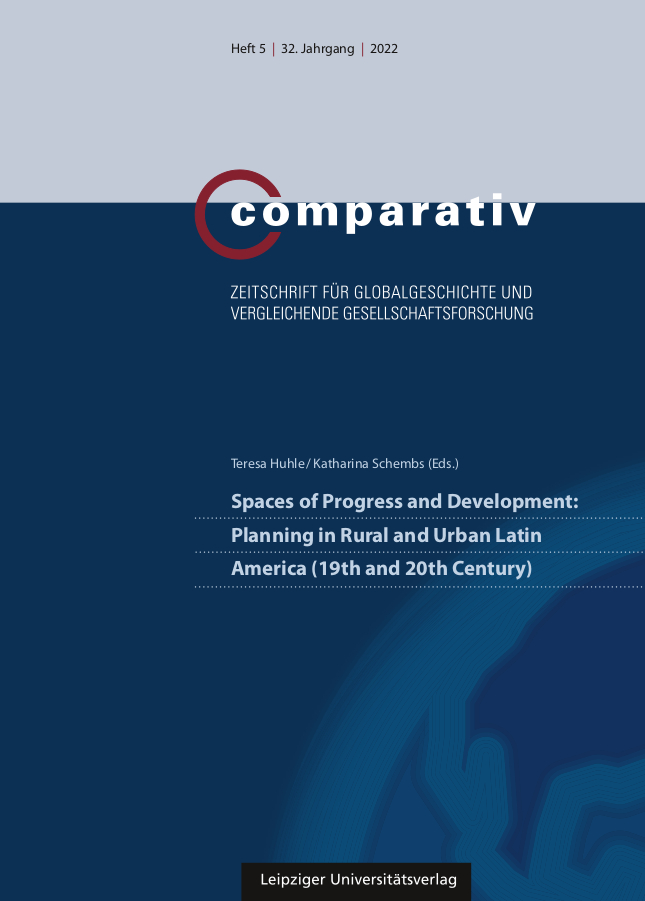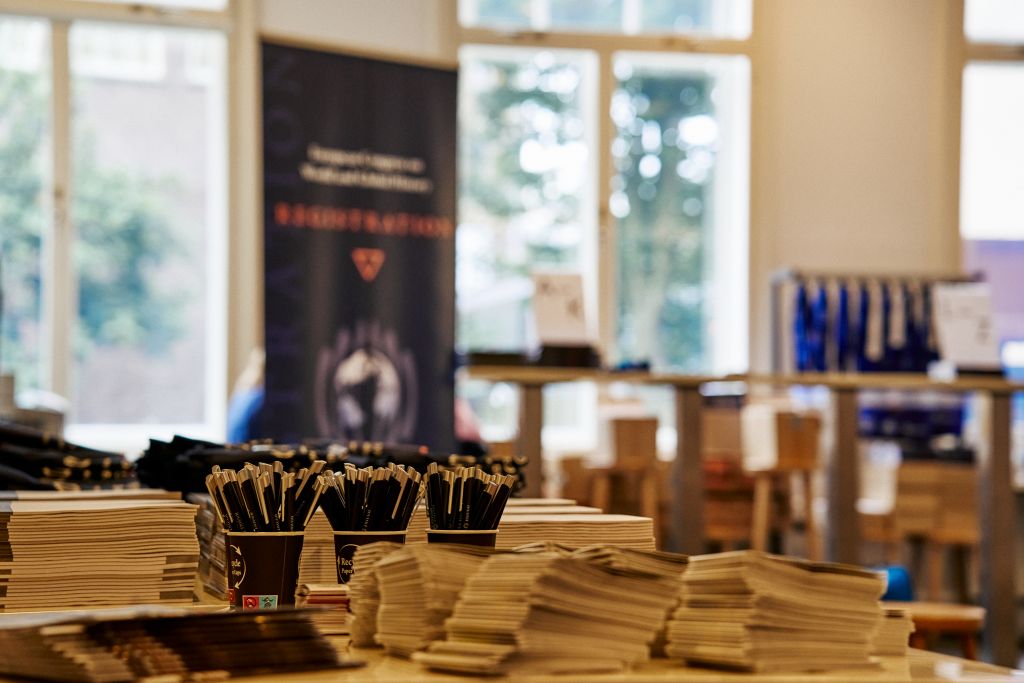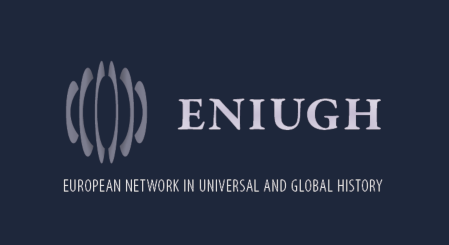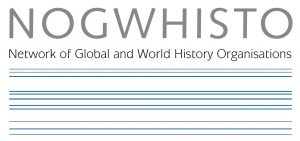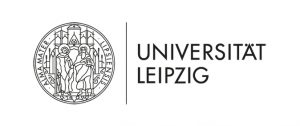The European Network in Universal and Global History (ENIUGH) was founded in 2002 by transforming the Karl-Lamprecht-Gesellschaft into an international organisation that is based on German legislation for non-profit scientific associations. It was formed as an answer to the rapidly growing interest in world history across Europe and the related demand for efficient structures of cooperation as well as for platforms of communication and exchange within Europe and with colleagues from other continents. The activities of the network focus on scientific research and academic teaching, although they are accompanied by a natural interest in both of its counterparts, the debates of a wider public and the education in schools.
ENIUGH promotes research and teaching in world and global history, especially among scholars based in Europe. As a multilingual platform of communication it has become an important channel for scientific exchange within Europe, while offering many opportunities to connect with colleagues from other world regions.
World and global history is a very diverse field of knowledge because it is highly influenced in its conceptualisation by the different contexts and circumstances of the many places where it is undertaken. This is true especially for the countries in Europe. The members of ENIUGH share two assumptions: Firstly, world and global history is understood as arising from experiences with the phenomenon of and discourses on globalisation and as responding to the social, political, and economical needs, conflicts, and challenges that grow out it. It seeks to historise the globalised world, to show in historical terms how it came into being and thus aims to a thorough understanding of the current processes of globalisation. Secondly, a need of a professional historiographical reflection is acknowledged originating from a long tradition of an older teleological universal history that can be traced in many European countries. These traditions have to be taken into account, need to be examined and also in parts re-employed in order to reach a critical attitude towards its influence and implications on current approaches in world and global history. European approaches to world and global history emerge from the reflection on the role played by Europe in recent history and are characterised by the specific academic traditions at European universities and research institutions.
Building on the long tradition of world history writing in Europe, ENIUGH serves as a forum for the multiplicity of topical and methodological approaches to the study of past and current processes of cross-cultural interaction and entanglements in contemporary historical and interdisciplinary scholarship.
The network advocates the transcending of former Eurocentric, teleological, and universalist assumptions, thus seeking to help “provincialise“ the continent’s past within a global perspective. It is engaged in strengthening the linkages between the manifold institutions in Europe that contribute to a better understanding of the historicity of today’s globally integrated world.
The main activities of ENIUGH are:
- to regularly organise a European Congress on themes of world and global history;
- to publish with its periodicals Comparativ, a paper-based journal that is published in German and English and issued six times a year, as well as Connections, a peer-reviewed e-journal publishing up to 30 articles a year, announcing call for papers, conferences and workshops, and a platform for thematic discussions of urging questions in world and global history;
- to offer administrative help for bi- and multilateral cooperation in the fields of masters and PhD programmes as well as facilitating interaction between research centres across Europe.
ENIUGH welcomes all who are engaged in transcending national history and invites for active membership as well as for contribution to its publications and events.
_________________________________________________________
